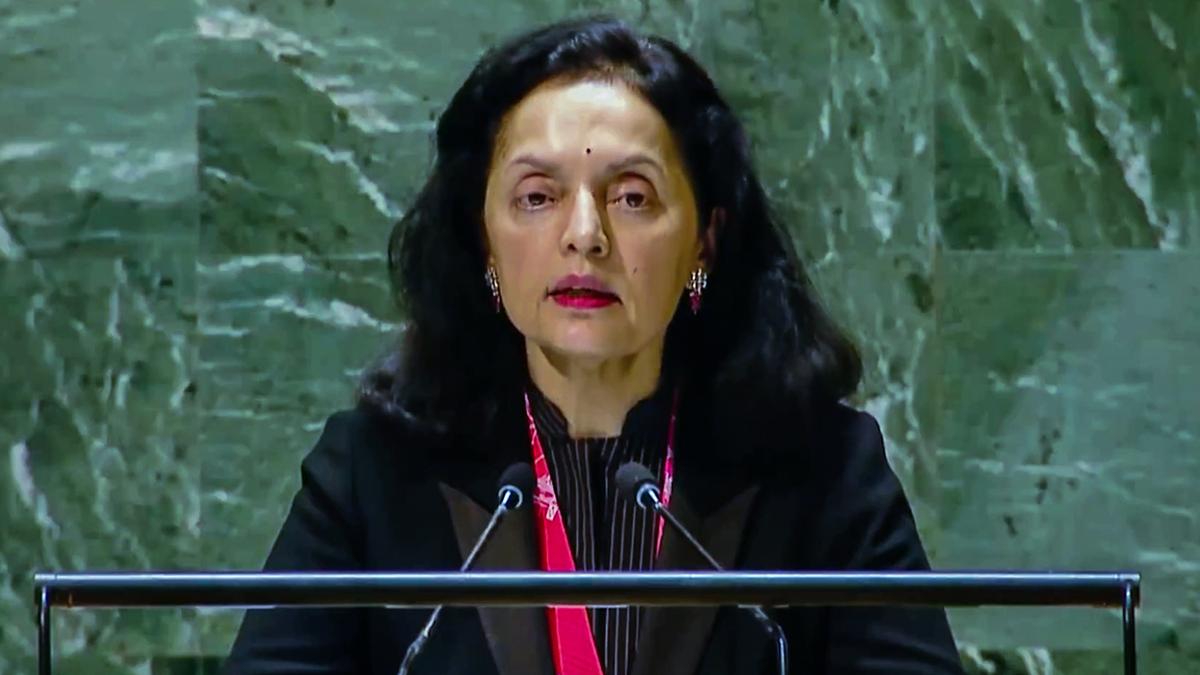The Ayushman Bharat Pradhan Mantri Jan Arogya Yojana (AB PMJAY) scheme was introduced in Jammu and Kashmir with the noble intention of ensuring healthcare coverage for all residents, regardless of their financial status
 KRC TIMES Desk
KRC TIMES Desk

The Ayushman Bharat Pradhan Mantri Jan Arogya Yojana (AB PMJAY) scheme was introduced in Jammu and Kashmir with the noble intention of ensuring healthcare coverage for all residents, regardless of their financial status. However, recent developments paint a grim picture of a scheme facing substantial challenges, jeopardising the well-being of both patients and healthcare providers. Prevalent is a dispute between the State Health Agency (SHA) and IFFCO-TOKIO General Insurance Company, the insurer tasked with administering the scheme. The rift escalated when IFFCO-TOKIO attempted to prematurely exit the contract, citing financial losses. Despite the SHA’s plea to the High Court to enforce the contract until its natural conclusion, the petition was dismissed, exacerbating an already dire situation.
The ramifications of this dispute are far-reaching, with hospitals empanelled under the scheme bearing the brunt of the fallout. These institutions, entrusted with the critical task of providing healthcare services, find themselves grappling with a severe cash crunch. Dues amounting to crores have remained unpaid since March 2024, pushing hospitals to the brink of financial instability. Such a predicament not only impedes their ability to sustain operations but also compromises the quality of care extended to patients. The plight of these hospitals underscores the urgent need for resolution. The uncertainty surrounding pending payments has precipitated a cascade of challenges, from disrupted supply chains to the inability to meet payroll obligations. The spectre of discontinuing the scheme looms large, a dire consequence that could deprive countless individuals of essential healthcare services. Moreover, the ripple effects of such a scenario would reverberate across the healthcare landscape, exacerbating an already strained system.
The Ayushman Bharat scheme has undeniably proven to be a lifeline for patients in Jammu and Kashmir, irrespective of their financial circumstances. Particularly for the underprivileged, who would otherwise struggle to afford private healthcare, this scheme has provided a much-needed avenue for accessing quality medical services. With the burden of exorbitant medical expenses lifted, patients are right now in a comfortable and secure zone. It is noteworthy that empanelled hospitals under this scheme have transitioned into tertiary healthcare facilities within the Union Territory’s healthcare system. Conducting surgeries and providing advanced medical care, they play a pivotal role in ensuring comprehensive healthcare coverage for all residents and simultaneously sharing Government hospitals’ workload. However, the sudden emergence of a payment crisis threatens to undermine the benefits accrued through the Ayushman Bharat scheme. Recognising the hardships faced by these hospitals and the potential ripple effects on patients, it is imperative to swiftly resolve this issue.
The prolonged nature of this matter, including litigation, necessitates the exploration of alternative solutions or a middle ground by the authorities involved. Government contracts typically come with safeguards such as bank guarantees and legal bindings, providing a framework for resolution. Amidst the turmoil, it is imperative to uphold the sanctity of patient care. The primary objective of the AB PMJAY SEHAT Scheme is to ensure equitable access to healthcare for all residents, irrespective of their socio-economic status. All stakeholders need to prioritise the greater good and seek a swift resolution to this impasse. The SHA and IFFCO-TOKIO must engage in constructive dialogue to address grievances and chart a path forward that safeguards the interests of both parties. Delays in payment settlements only serve to exacerbate the crisis, amplifying the distress experienced by hospitals and patients alike.
Every effort must be made to diffuse the current situation before it escalates further. When human lives are at stake, there can be no room for compromise. The Government and the insurance company must prioritise the interests of patients and work towards a timely resolution. It is imperative that all avenues are explored and decisive action is taken to address this pressing issue. Beyond the immediate crisis, this episode underscores the need for systemic reforms to fortify healthcare infrastructure and promote sustainable healthcare delivery models.
Promotional | KRC Times






